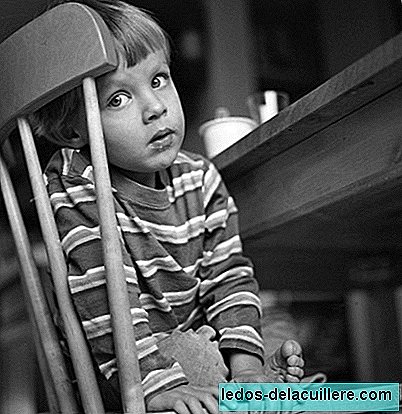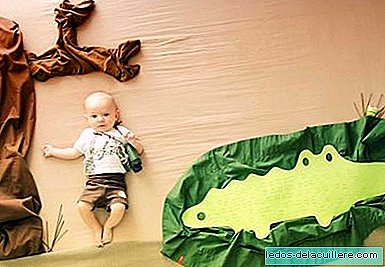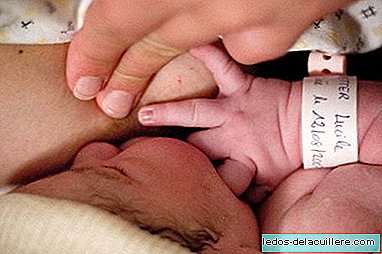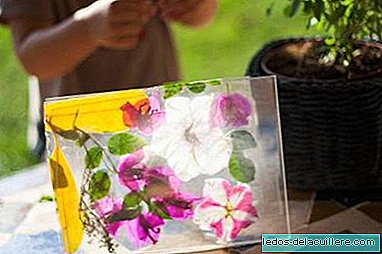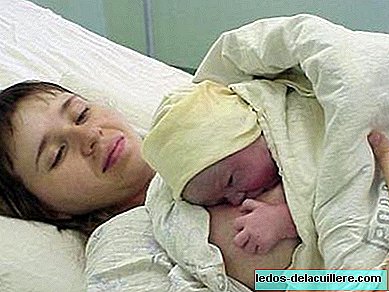
A study conducted in Russia and published in MedLine reinforces the importance of early contact between the mother and the newborn, emphasizing that respect for this moment of imprinting is essential so that breastfeeding can be established without problems and to favor even the affective interaction in the first year.
In many parts of the world, including some parts of Russia, the tradition of separation of mother and baby after birth still persists and is often combined with that of wrapping the baby.
The objective of the study was to evaluate and compare the possible long-term effects on the mother-child interaction of the practices used in the delivery rooms and maternity wards, including the practices related to the proximity of mother and infant to separation.
A total of 176 mother-child couples were based. The first group was the one in which the children were placed skin to skin with their mothers after birth, and there was joint accommodation in the maternity ward. The second group was considered to be the one in which children were dressed and then placed in their mothers' arms after birth, and there was joint accommodation in the maternity ward. A third group was one in which the children remained in the nest after their birth and also while their mothers were in the maternity ward. The fourth was in which the children were kept in the nest after birth, but there was joint accommodation in the maternity ward. The same number of newborns were wrapped or dressed in baby clothes.
Episodes of early lactation were observed in the delivery rooms. The mother-child interaction was recorded according to the Evaluation of Early Parent-Child Relations one year after birth
The results of the study were that the practice of skin-to-skin contact, early breastfeeding, or during the first two hours after birth compared to the separation between mothers and their newborns positively affected the maternal sensitivity variables, the Self-regulation of babies, and reciprocity of responses up to one year after birth.
It was found a negative effect of a separation two hours after birth It was not compensated by the practice of joint accommodation. These findings support the presence of a period after birth, the "sensitive period", in which close contact between the mother and the baby can cause long-term positive effects on the mother-child interaction.
The conclusions of the study were that skin-to-skin contact, during the two hours after birth, early breastfeeding, or both, positively influence the mother-child interaction a year later, compared to the routines that involve the separation of the mother and the baby.
This study and many others that point in this direction reinforce the importance of early contact between mother and son. However, and despite them, the loving attention of mothers who were separated from their children is very important and in no way should we think that, having seen ourselves separated, will make us have difficulties or love them less.
When my son was born, they didn't let me hug him in the delivery room, they took him away and I stayed alone in the recovery room for two hours, a moment in my life that still makes me cry. I have never felt so empty and alone, so icy, so heartbroken and lost, not knowing exactly then what was happening to me.
Then, when I met him, there was a strange moment, when I looked at him but I didn't feel that immeasurable love that then invaded me. The sadness, the depression of the puerperium, the problems of breastfeeding that were tremendous, I am sure that it would have been mitigated if at that time the hospital routines had been directed towards doing what was necessary without separating.
However, I must also tell you that I cannot imagine more intense union than we now enjoy. We understand each other, we love each other, we trust each other and we take care of each other.
Early separation can be overcome, of course, but it is not necessary, except in extreme cases.
Today, fortunately, ten years later, things have changed a lot in Spanish hospitals. Already considered in most of them a priority to favor the early contact and respect that magical and animal moment in which the mammalian mother and the newborn are united outside the uterus. But much remains to be improved and I am sure that advances in this regard are fundamental to the emotional health of mothers and children, as well as to make breastfeeding easier.
What these studies should serve is for maternity hospitals to modernize and consider a priority, as important as medical issues, to favor the creation of the link through early contact in those hours when the imprint is fixed.
I would like to encourage our readers to tell us if they were separated from the baby in the delivery room and the way they feel that affected their emotions, breastfeeding and link development with the son


